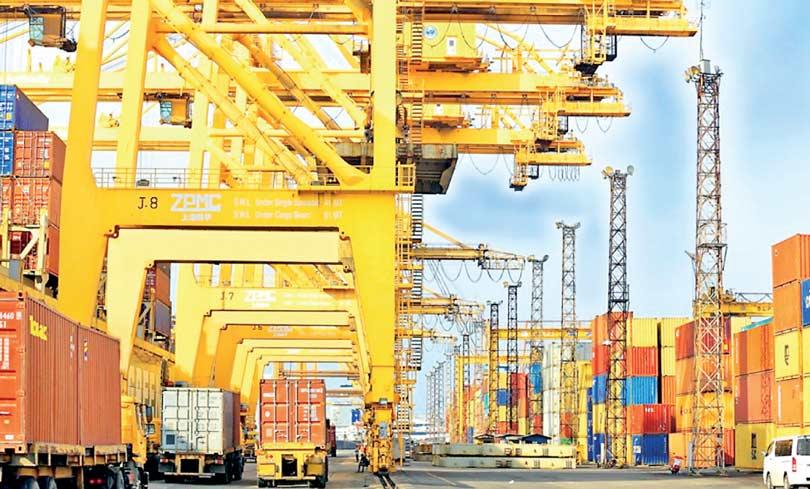27 Oct 2023 - {{hitsCtrl.values.hits}}

Sri Lanka is looking to enter into more trade agreements with Asian nations to enhance its trade integration across South, Southeast and East Asia, as the country seeks to improve its economic prospects.
The President’s office said the government is focussing on two key areas—expanding supply capacity and broadening market access—to revive the country’seconomy.
“As part of this endeavour, Sri Lanka is not only looking to strengthen its ties with its largest traditional export destinations, namely the USA and the EU/UK, but also actively deepening its integration with regions in South Asia, South East Asia and East Asia,” a statement issued by President’s Media Division said.
Currently, Sri Lanka has bilateral trade agreements in place with key South Asian partners, including India (India Sri Lanka Free Trade Agreement - ISLFTA) and Pakistan (Pakistan Sri Lanka Free Trade Agreement - PSFTA), with a primary focus on trade in goods.
Additionally, Sri Lanka enjoys access to South Asian markets through regional trading agreements, such as the South Asian Free Trade Area (SAFTA) and the SAARC Preferential Trading Arrangement (SAPTA).
Sri Lanka is also actively engaged in Preferential Trade Agreement (PTA) negotiations with Bangladesh, with a strong emphasis on trade in goods. These negotiations, initiated in June 2021, have already seen three rounds of discussions.
Given Sri Lanka’s positive trade balance with Bangladesh, establishing a PTA is seen as a pivotal move to further enhance bilateral trade, beyond the existing agreements in place. The next step involves both countries exchanging their initial offer lists in preparation for subsequent rounds of negotiations.
Further, Sri Lanka is set to enter its 12th round of negotiations on the proposed Economic and Technology Cooperation Agreement (ETCA) with India. This comprehensive agreement has a broader scope than the current ISLFTA, underscoring the deepening economic ties between the two nations, via trade in services.
Meanwhile, Sri Lanka is also increasingly involved with ASEAN countries through free trade agreements (FTAs). In January 2018, the country signed a comprehensive FTA with Singapore called the Sri Lanka Singapore Free Trade Agreement (SLSFTA), which became effective in May of that year.
Presently, Sri Lanka is actively negotiating with other ASEAN nations, including Thailand and Indonesia, to boost trade cooperation across multiple sectors.
Sri Lanka is also in talks with China to restart discussions for a potential Free Trade Agreement (FTA). Six rounds of negotiations have already taken place with the goal of securing market access for specific Sri Lankan products in China and forging connections to global value chains.
Additionally, Sri Lanka is taking significant steps in the direction of economic integration by seeking participation in the world’s largest FTA known as the ‘Regional Comprehensive Economic Partnership (RCEP).
The government has expressed its intent to join RCEP by submitting a Letter of Intention, reaffirming its dedication to global economic integration. This initiative aims to bring together ASEAN, Oceania, and East Asia in a comprehensive economic programme.
All these trade agreement negotiations are under the purview of the Cabinet appointed National Trade Negotiation Committee (NTNC). Led by the Chief Negotiator of the Office of International Trade under the Presidential Secretariat, this committee includes senior-level officers from various government departments and institutions.
The NTNC is further supported by eleven subcommittees representing relevant ministries and departments, facilitating negotiations and stakeholder engagements.
The government emphasised that these all-encompassing trade initiatives are fundamental to Sri Lanka’s vision of evolving into a developed economy by the year 2048.
18 Jun 2024 5 hours ago
17 Jun 2024 7 hours ago
17 Jun 2024 8 hours ago
17 Jun 2024 8 hours ago